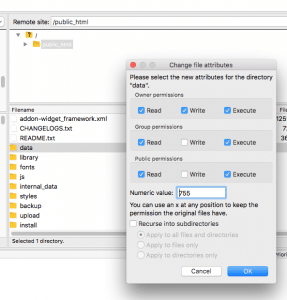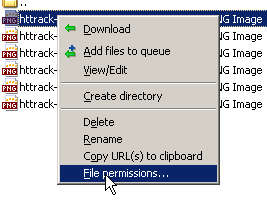

Error 403 can be found in different forms, the most common ones are:.Variations of error 403Įrror 403 can be found in different forms, the most common ones are: Moreover, it is possible that the 403 error presents itself in different variations, let’s see which are the main ones. In the second case, instead, you are trying to reach a page that should be accessible, but the website owner has not correctly configured the permissions, so you get a 403 error.īesides these two cases, there are other causes that can lead to a 403 error, which we will see in the following paragraphs.Īs it happens with other error pages (for example the error 500 or 404), error 403 can be customized. In the first case, you are trying to access a resource for which you don’t really have permission, for example, a section of the site accessible only to registered users. There are two main instances where the 403 error can occur. The 403 Forbidden error occurs when you do not have permission to access the page or resource you are trying to open. As opposed to client errors there are server errors such as the error 500, 502 bad gateway and 504 gateway time-out. The 404 error or 404 not found is used to indicate that the requested page or resource could not be found. This category also includes one of the most common errors you may come across while browsing: the 404 error.
FILE PERMISSIONS RESET IN FILEZILLA HOW TO
The 403 error: how to solve it – what does it mean?Įrror 403 is part of the HTTP 4 XX status codes, also referred to as client-side errors.

In the File Manager select the file you want to change the permissions for, then either click the Permissions link on the top( ) or right-click and select Change Permissions from the dropdown list.If you find files or folders with permissions that do not match the default permissions, it’s usually best to change them to cPanel’s recommended permissions. It is a rare situation where a file needs to be written and executed by anyone in the world. On a file live and online, that means nearly anyone in the world with web access!ħ77 permissions are not common. Remember that 777 permissions mean that your file is readable, writable, and executable by anyone who can access it. Once an unauthorized user gains access, they can further alter more of your file permissions to make a site even more vulnerable. Incorrect file permissions can cause errors or, even worse, allow unauthorized users to hack your site. php and other Document Types – 644 Incorrect File Permissions?

Below are a few typical permission settings:

Keep in mind that certain file types and folders should be set to particular permissions. Once you’re in File Manager, you should see the Permissions for each file listed along the right-hand side of the screen. You’re now in cPanel’s File Manager! Viewing File Permissions After you log into cPanel, just click on the File Manager icon in the Files section. It’s easy to work with file permissions in cPanel. Don’t have time to read the article? Watch our walk-through video.


 0 kommentar(er)
0 kommentar(er)
